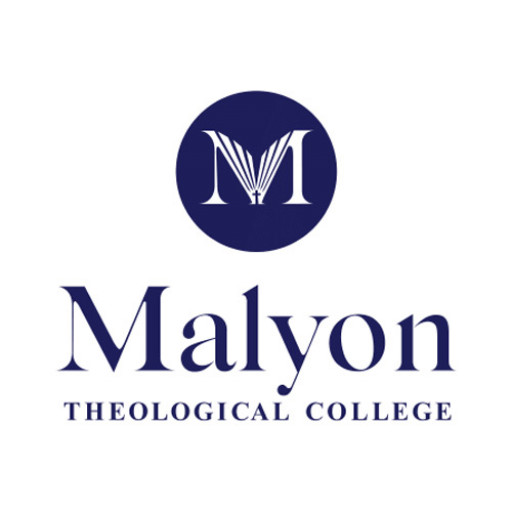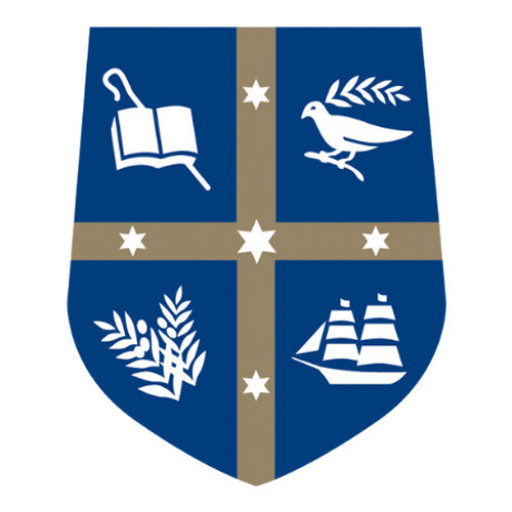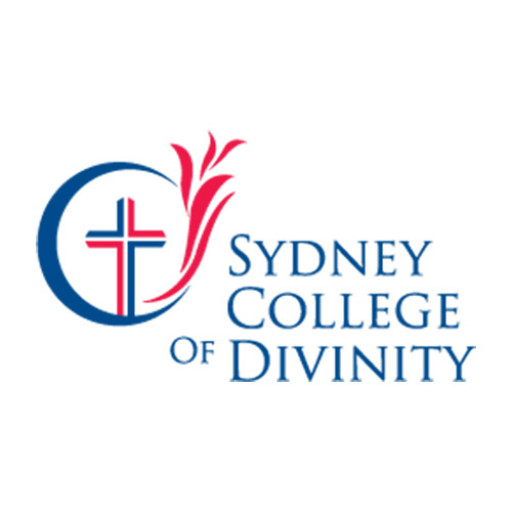The Sacred Theology programme at the John Paul II Institute for Marriage and Family, Melbourne, offers students an in-depth academic and spiritual exploration of the theological foundations of marriage, family, and human life. Rooted in the Catholic tradition and inspired by the teachings of Saint John Paul II, this postgraduate degree aims to deepen students’ understanding of key doctrinal principles and their practical application in contemporary society. The programme is designed for those seeking to serve the Church, educators, counselors, or individuals committed to promoting the dignity of human life and the sacredness of the marital bond.
Throughout the programme, students engage with theological anthropology, moral theology, and pastoral reflexivity, emphasizing the integral role of faith and reason in addressing modern social and ethical challenges. The curriculum combines rigorous academic study with pastoral practice, fostering both intellectual growth and spiritual development. Core courses explore topics such as the theology of the body, sacramental theology, and the moral teachings of the Church regarding human sexuality and family life.
Students also have opportunities for research, reflection, and engagement with contemporary issues related to marriage and family, guided by the rich tradition of Catholic teaching and the updated insights of Pope John Paul II's theology. The programme prepares graduates to serve effectively within parishes, academic settings, or family ministries, equipped with a thorough understanding of the theological principles and pastoral skills necessary to support and promote authentic human development.
Offering flexible learning modes, including full-time and part-time options, the Sacred Theology programme encourages a learning environment that integrates academic rigor with personal and spiritual formation. Graduates receive a recognised qualification that enhances their capacity to contribute meaningfully to the Church’s mission in promoting the dignity of the human person and strengthening family life. The institute’s distinguished faculty brings practical experience and theological expertise, enriching the educational journey and equipping students for a lifelong commitment to truth, love, and service in the context of marriage and family.
The Sacred Theology program at the John Paul II Institute for Marriage and Family in Melbourne is a comprehensive academic course designed to deepen students' understanding of theological principles related to marriage, family, and human sexuality within the Catholic tradition. This program aims to equip students with a profound knowledge of doctrinal teachings, fostering their ability to engage with contemporary social and moral issues from a solid theological perspective. Throughout the program, students explore foundational topics such as the nature of divine Revelation, doctrines of the Church, and the sacramental understanding of marriage. Special emphasis is placed on the theology of the body, the moral theology of human sexuality, and the Church’s teaching on family life.
Students engage with classical and contemporary theological sources, developing both their analytical skills and their capacity for pastoral accompaniment. The curriculum combines rigorous academic coursework with practical applications, encouraging students to integrate theology into pastoral ministry, counseling, education, and advocacy work within Catholic communities. The program also considers ecumenical and interfaith perspectives, promoting a holistic approach to religious scholarship.
This Sacred Theology pathway typically involves a multi-year study, culminating in a Licentiate or Doctorate in Sacred Theology, depending on the level of study pursued. It is tailored for those seeking advanced theological training, including clergy, religious educators, chaplains, and lay leaders dedicated to promoting the Gospel’s teachings on family life. Through lectures, seminars, research projects, and personal mentorship, students develop strong theological foundations, critical thinking skills, and pastoral sensitivity.
The faculty comprises experienced theologians and Church experts committed to academic excellence and spiritual formation. Graduates of the program are well-prepared to serve as scholars, teachers, and leaders in religious and community settings, advocating for the proper understanding of marriage and family according to Church doctrine. The program encourages an integrative approach that bridges faith, reason, and pastoral practice, ensuring that graduates can effectively contribute to the mission of the Church in contemporary society.
- Baccalaureate in Sacred Theology or the Bachelor of Theology (Hons) or equivalent
- A sufficiently solid background in doctrine and 36 months under graduate study in theology with a credit average or have completed such preliminary alliance as may be required by the Academic Board
- A decent reading comprehension of scholastic biblical or Latin Greek revealed by successful completion of a written exam by the end of first session
- And possess an adequate reading knowledge of at least one modern language (Spanish, French, German or Italian ) demonstrated by successful completion of a written examination by the end of second semester.
The Sacred Theology program at the John Paul II Institute for Marriage and Family in Melbourne primarily relies on tuition fees as its main source of funding. Details about the specific costs for the program are available on the university’s official website, which indicate that students are required to pay an annual tuition fee that covers coursework, access to facilities, and academic resources. The fee structure is designed to be competitive with similar postgraduate theology programs in Australia, and the university offers a range of payment options to accommodate students' financial situations.
In addition to tuition fees, students enrolled in the Sacred Theology program may have access to scholarships, grants, and bursaries provided by the university or external organizations. These financial aid options aim to support students in covering their tuition costs and other associated expenses such as books, supplies, and living costs. Scholarship programs are often merit-based or need-based, and applications are typically assessed during the admissions process. The university encourages eligible students to explore these funding options thoroughly to alleviate financial burdens and facilitate their academic pursuits.
The institution also participates in government-funded financial assistance schemes, which may include loan programs or subsidies available to domestic students. For instance, Australian residents studying full-time may be eligible for Higher Education Support loans, allowing them to defer tuition payments until after graduation. Such programs help make theological studies more accessible to a broader range of students.
Beyond direct financial aid, the John Paul II Institute for Marriage and Family in Melbourne offers some flexible study options, including part-time enrollment, which can help students manage their finances more effectively while balancing work and family commitments. The institute maintains transparent communication regarding the costs involved and advises prospective students to contact the admissions office for personalized financial planning guidance.
Overall, the financing of studies at the Sacred Theology program blends tuition fees, available scholarships, government assistance programs, and flexible payment arrangements, making comprehensive theological education accessible to dedicated students committed to their academic and spiritual development.
The Sacred Theology program at the John Paul II Institute for Marriage and Family in Melbourne is designed to offer advanced theological education grounded in the teachings of the Catholic Church, with a particular emphasis on the dignity of marriage and the family as central to human life and society. This program aims to deepen students' understanding of theological doctrines related to Christ, the Church, and sacraments, with a focus on applying these principles to contemporary issues facing families and married couples.
The curriculum typically includes core courses in Scripture, Church history, moral theology, and sacramental theology, alongside specialized modules dedicated to marriage, family life, and social theology. Students engage in rigorous scholarly study, including biblical exegesis, systematic theology, and pastoral applications, to prepare them for roles in ministry, academic research, or further doctoral studies.
The program is offered at the postgraduate level, often leading to a Master of Sacred Theology (STM) or similar advanced qualifications, which may require prior completion of a foundational degree in theology or related fields. Teaching methods include lectures, seminars, independent research, and fieldwork, fostering an environment of critical thinking and theological reflection. The institute emphasizes a holistic approach, integrating faith, reason, and pastoral practice, consistent with the teachings of the Magisterium.
Students benefit from a vibrant academic community, with opportunities for engagement in ecclesiastical and community projects, contributing to the Church’s mission of supporting families and promoting human dignity. The program also encourages international perspectives through guest lecturers, conferences, and collaborations with other Catholic educational institutions worldwide. Graduates of the Sacred Theology program are well-equipped to serve as clergy, educators, researchers, or advisors in various contexts related to the Church’s teachings on marriage and family life.








